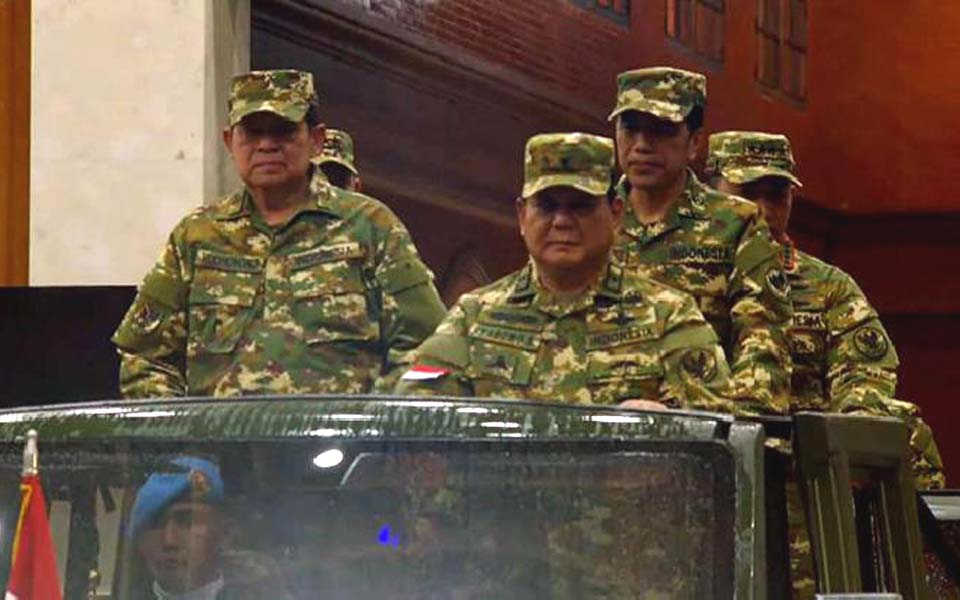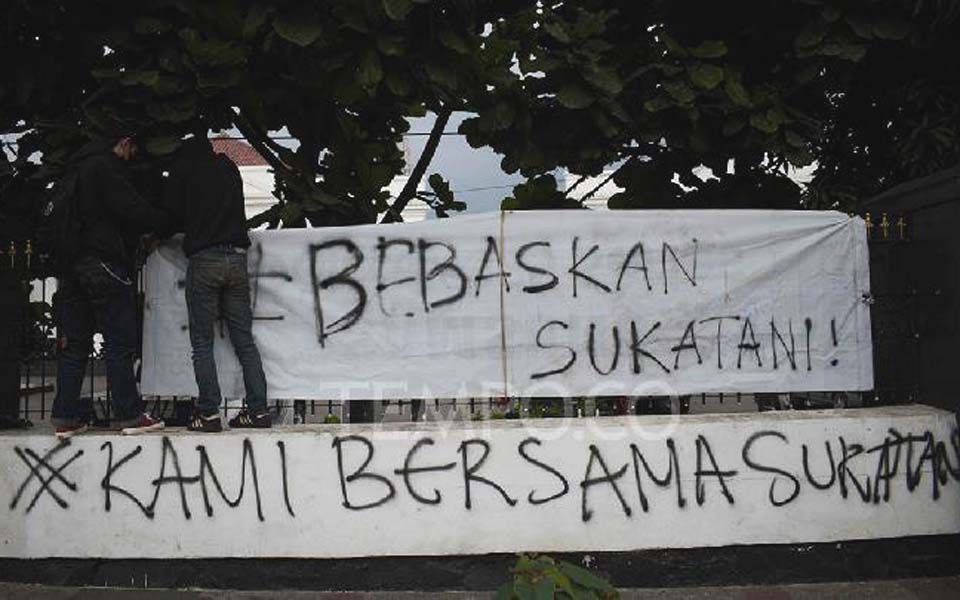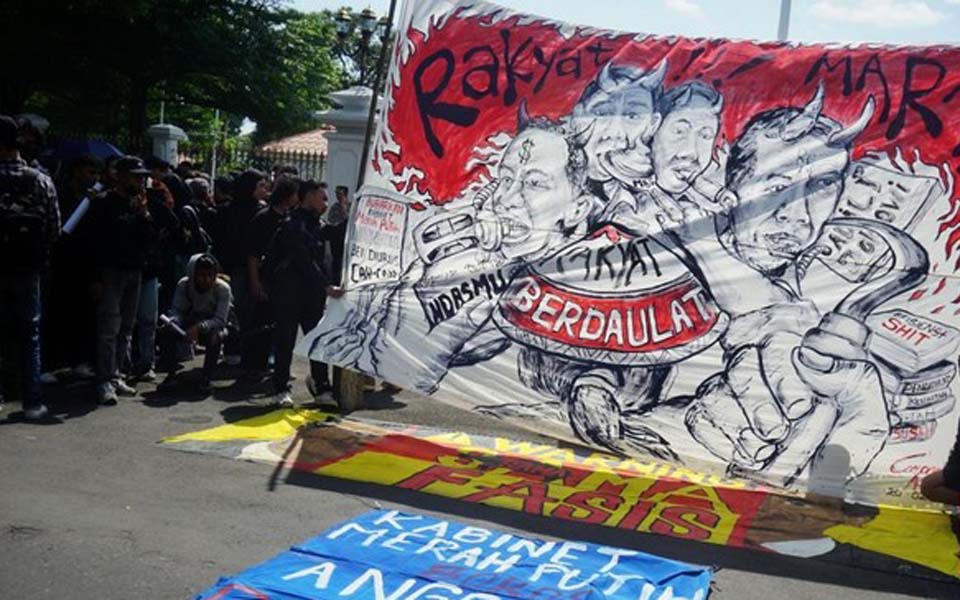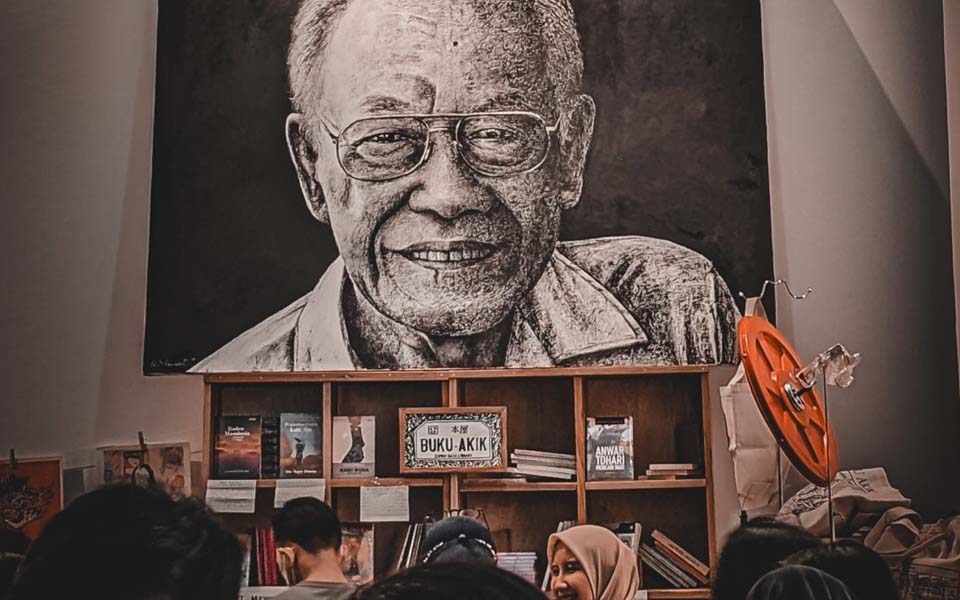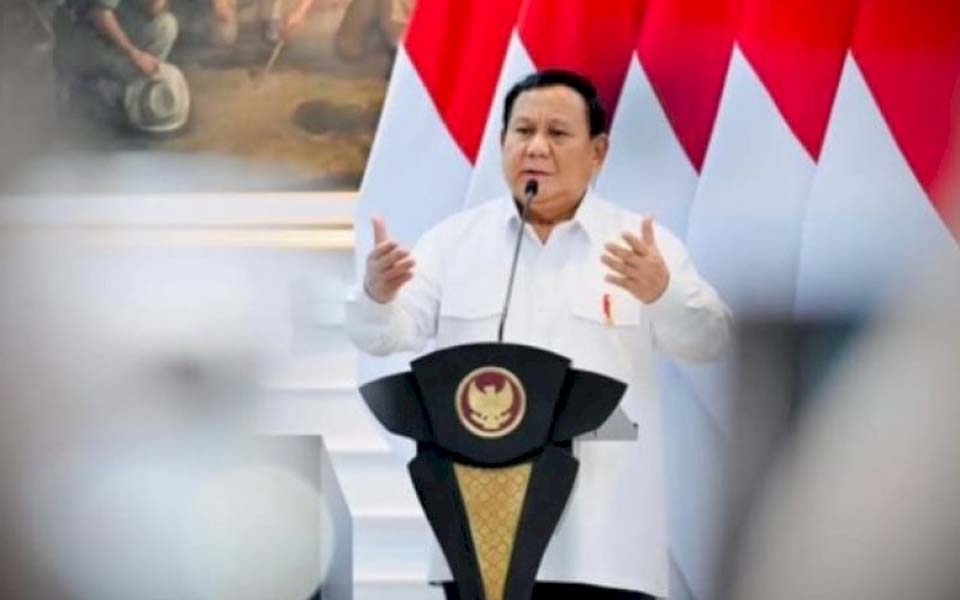Jakarta – Indonesian Legal Aid Foundation (YLBHI) Chairperson Asfinawati has cited a number of symptoms showing a rise in authoritarianism over the first year of President Joko “Jokowi” Widodo and Vice President Ma’ruf Amin’s second term in office.
One of the indications of this rise in authoritarianism, according to Asfinawati, is reflected in how the government behaved towards the protest actions opposing the recently enacted Omnibus Law on Job Creation, namely by curbing civil freedoms.
“Perhaps we are in the final stage before reaching a state of authoritarianism, namely the curbing of civil freedoms. Just a little bit further”, said Asfinawati during a virtual discussion on the Lokataru Foundation’s YouTube channel on Monday October 19.
Asfinawati explained that there are five stages in a country’s shift towards becoming authoritarian. First, the creation of mutual enemies that are used as scapegoats, such as blaming the now defunct Indonesian Communist Party (PKI), the recently banned Hizbut Tahrir Indonesia (HTI) or anarchist groups.
Second, the creation of an atmosphere of crisis. Asfinawati gave the example of efforts to create fear through issues such as claims that anarchist groups are planning to plunder the entire Java island.
If the public is kept in a state of fear, she said, it will create a condition of crisis. This is the start of the fourth stage, restricting civil freedoms.
“For example, when there are riots, are protest actions just left to run their course? What emerges is restrictions on civil freedoms”, she said.
After this, there is the state an emergency or where authoritarianism comes into effect. Asfinawati said that an authoritarian government will always declare that the country is under a state of emergency to subjugate its citizens.
Asfinawati is concerned that Indonesia has begun to enter this final phase because at the start of the year President Widodo started a discourse on a state of emergency.
“President Jokowi has already said that a public healthcare emergency must be accompanied by a state of civil emergency. Perhaps we’re not only at [the stage of] declining civil freedoms, but are already in the mist of sinking into a state of emergency”, she said.
Speaking separately, Presidential Chief of Staff Moeldoko said that the government still respects freedom of expression and that this is one of six points of concern for President Widodo.
“As a leader, the president must uphold the nation’s dignity. Then as a democratic nation, a leader must maintain freedom of expression. Third, provide a sense of security”, said Moeldoko in a press release received by CNN Indonesia.
“Fourth, safeguarding the nation’s existence so it’s not lost in rivalry. Then it’s important also to maintain harmony between nations. Finally making the public happy”, he continued.
With regard to the anti-Omnibus Law protests, Moeldoko claimed that there were no bans on protests or expressing an opinion and the government, he said, only maintained order.
“There were no bans on people conveying an opinion or protest actions. However if the way they’re being conveyed leads towards riots, anarchy, or spreading slander, it will of course disturb many people’s rights. Disturbing the public’s sense of security, also damaging national harmony. This is what needs to be controlled”, he explained. (dhf/NMA)
[Translated by James Balowski. The original title of the article was “Satu Tahun Jokowi-Ma’ruf, YLBHI Singgung Gejala Otoritarian”.]








